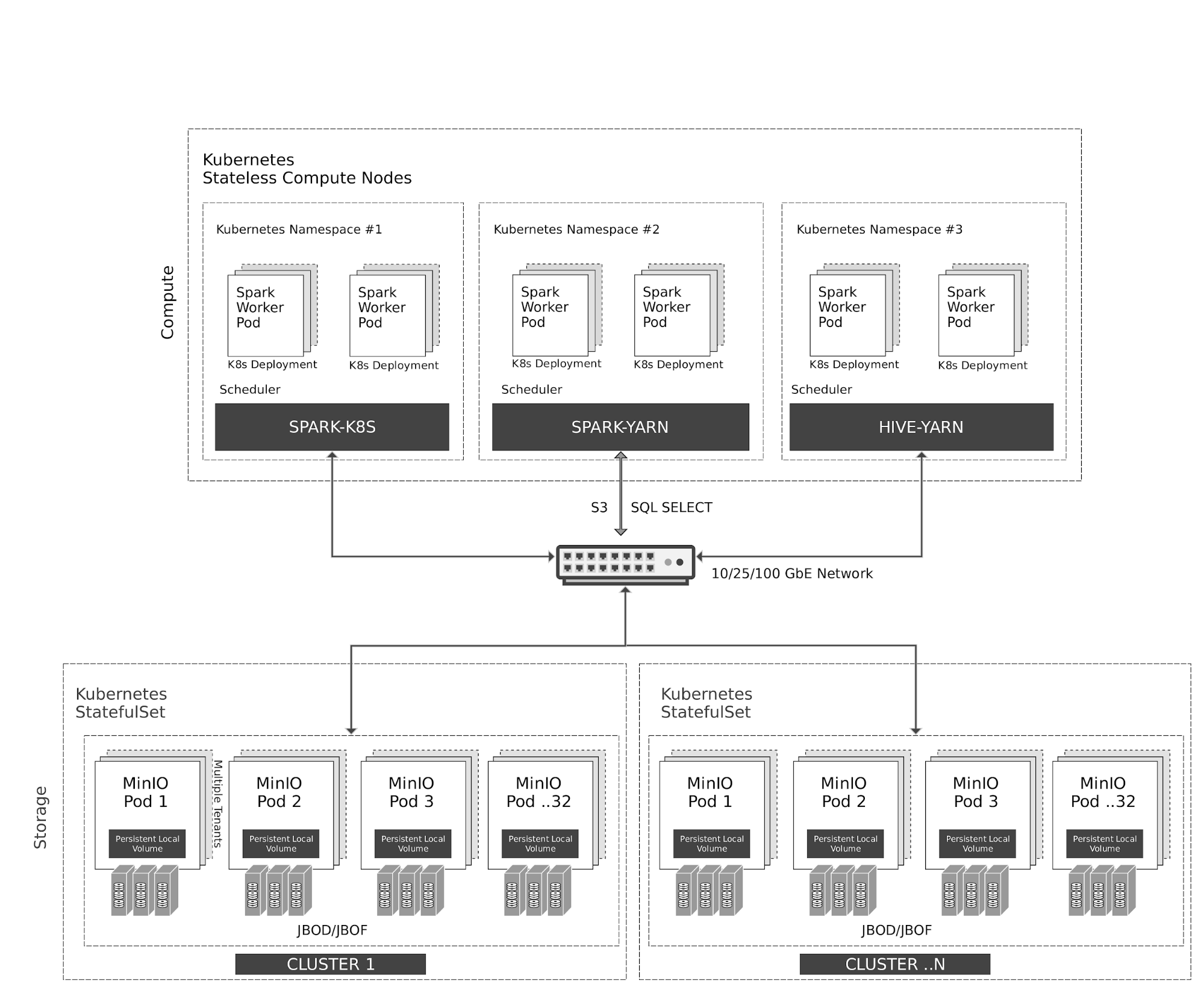- Sort Score
- Num 10 results
- Language All
Results 41 - 50 of 125 for naive (0.03 seconds)
-
.github/workflows/build.yml
cache: 'gradle' native-image-job-reports: true - name: Setup Gradle uses: gradle/actions/setup-gradle@v5 - name: Build okcurl run: ./gradlew okcurl:nativeBuild - name: Setup Gradle uses: gradle/actions/setup-gradle@v5 - name: Run native-image tests run: ./gradlew -PgraalBuild=true native-image-tests:nativeTest testandroid:
Created: Fri Dec 26 11:42:13 GMT 2025 - Last Modified: Fri Dec 12 04:49:37 GMT 2025 - 18.6K bytes - Click Count (0) -
architecture/standards/0004-use-a-platform-architecture.md
This platform includes the plugin publishing plugin and the plugin portal. #### Native platform This is a platform that builds on the core and software platforms to add support for developing native software. This platform provides specific support for Swift, C++ and C. ### Cross-cutting architecture modules
Created: Wed Dec 31 11:36:14 GMT 2025 - Last Modified: Sun Feb 25 22:19:29 GMT 2024 - 4.5K bytes - Click Count (0) -
settings.gradle.kts
val androidBuild: String by settings val graalBuild: String by settings val loomBuild: String by settings if (androidBuild.toBoolean()) { include(":regression-test") } if (graalBuild.toBoolean()) { include(":native-image-tests") } include(":okcurl") include(":okhttp") include(":okhttp-bom") include(":okhttp-brotli") include(":okhttp-coroutines") include(":okhttp-dnsoverhttps") include(":okhttp-hpacktests")
Created: Fri Dec 26 11:42:13 GMT 2025 - Last Modified: Sat Oct 11 09:17:37 GMT 2025 - 2K bytes - Click Count (0) -
impl/maven-cli/pom.xml
<artifactId>maven-dependency-plugin</artifactId> <executions> <execution> <id>unpack-jline-native</id> <goals> <goal>unpack-dependencies</goal> </goals> <configuration> <includeArtifactIds>jline-native</includeArtifactIds> <includes>org/jline/nativ/**</includes> </configuration> </execution>
Created: Sun Dec 28 03:35:09 GMT 2025 - Last Modified: Tue Nov 18 18:03:26 GMT 2025 - 10.2K bytes - Click Count (0) -
native-image-tests/src/test/kotlin/okhttp3/nativeimage/WithArgumentSourceTest.kt
import org.junit.jupiter.params.provider.ArgumentsSource import org.junit.jupiter.params.support.ParameterDeclarations /** * This enforces us having the params classes on the classpath to workaround * https://github.com/graalvm/native-build-tools/issues/745 */ class WithArgumentSourceTest { @ParameterizedTest @ArgumentsSource(FakeArgumentsProvider::class) fun passingTest(value: Int) { assertThat(value).isGreaterThan(0) } }Created: Fri Dec 26 11:42:13 GMT 2025 - Last Modified: Tue Jul 22 20:31:49 GMT 2025 - 1.6K bytes - Click Count (0) -
native-image-tests/build.gradle.kts
plugins { id("org.graalvm.buildtools.native") kotlin("jvm") } animalsniffer { isIgnoreFailures = true } // TODO reenable other tests // https://github.com/square/okhttp/issues/8901 //sourceSets { // test { // java.srcDirs( // "../okhttp-brotli/src/test/java", // "../okhttp-dnsoverhttps/src/test/java", // "../okhttp-logging-interceptor/src/test/java", // "../okhttp-sse/src/test/java", // )Created: Fri Dec 26 11:42:13 GMT 2025 - Last Modified: Tue Jul 22 20:31:49 GMT 2025 - 904 bytes - Click Count (0) -
docs/bigdata/README.md
# **Disaggregated HDP Spark and Hive with MinIO** ## **1. Cloud-native Architecture**  Kubernetes manages stateless Spark and Hive containers elastically on the compute nodes. Spark has native scheduler integration with Kubernetes. Hive, for legacy reasons, uses YARN scheduler on top of Kubernetes.
Created: Sun Dec 28 19:28:13 GMT 2025 - Last Modified: Tue Aug 12 18:20:36 GMT 2025 - 14.7K bytes - Click Count (0) -
docs/en/docs/advanced/websockets.md
And to communicate using WebSockets with your backend you would probably use your frontend's utilities. Or you might have a native mobile application that communicates with your WebSocket backend directly, in native code. Or you might have any other way to communicate with the WebSocket endpoint. ---
Created: Sun Dec 28 07:19:09 GMT 2025 - Last Modified: Wed Dec 17 20:41:43 GMT 2025 - 5.7K bytes - Click Count (0) -
apache-maven/pom.xml
<artifactId>maven-dependency-plugin</artifactId> <executions> <execution> <id>unpack-jline-native</id> <goals> <goal>unpack-dependencies</goal> </goals> <configuration> <includeArtifactIds>jline-native</includeArtifactIds> <includes>org/jline/nativ/**</includes> </configuration> </execution>
Created: Sun Dec 28 03:35:09 GMT 2025 - Last Modified: Mon Nov 10 03:14:05 GMT 2025 - 12.7K bytes - Click Count (0) -
cmd/signature-v4-parser.go
if aec != ErrNone { return psv, aec } var e error // Save date in native time.Time. preSignV4Values.Date, e = time.Parse(iso8601Format, query.Get(xhttp.AmzDate)) if e != nil { return psv, ErrMalformedPresignedDate } // Save expires in native time.Duration. preSignV4Values.Expires, e = time.ParseDuration(query.Get(xhttp.AmzExpires) + "s") if e != nil {Created: Sun Dec 28 19:28:13 GMT 2025 - Last Modified: Fri Oct 10 18:57:35 GMT 2025 - 9.4K bytes - Click Count (0)